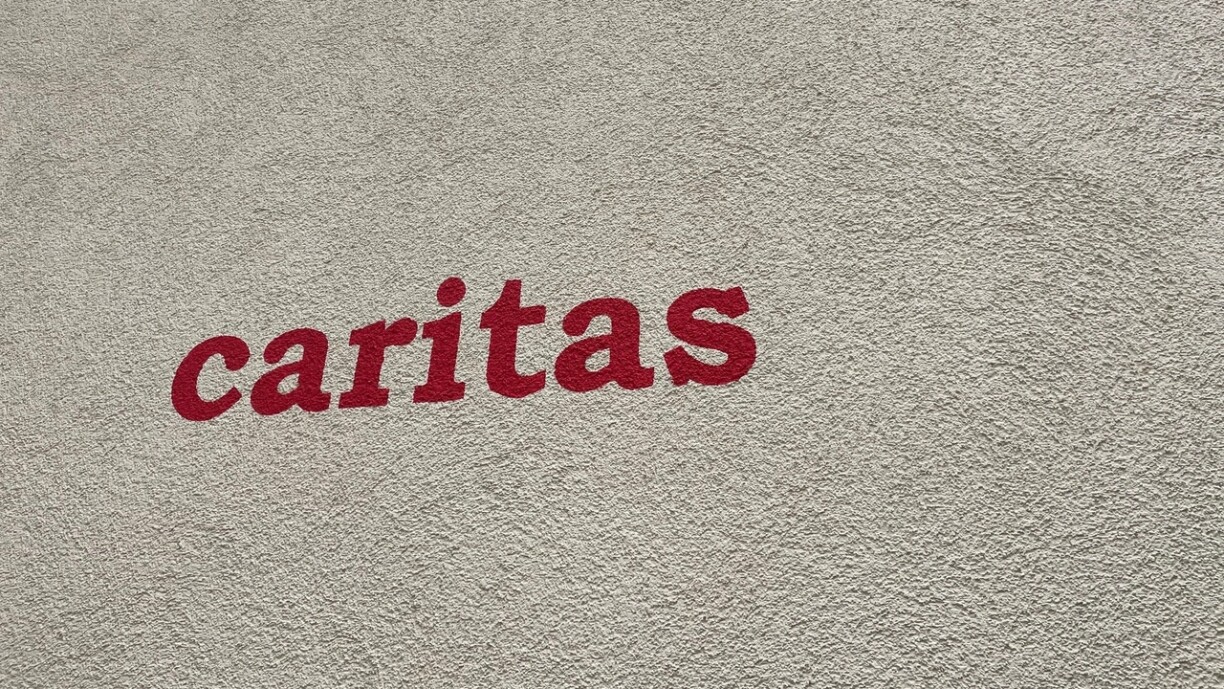
According to RTL sources, the €61 million embezzled in the Caritas scandal were transferred to 14 different accounts of a Spanish bank – the Banco Bilbao Vizcaya Argentaria (BBVA) – at the beginning of the year, and that over a period of five months. Reports from Radio 100,7 allege that more than 100 transactions of less than €500,000 were made. Additional credit lines were needed for more than half of the €61 million.
Two of those credit lines were filed with Luxembourg-based banks: Spuerkeess and BGL BNP Paribas.
At present, RTL has not been able to verify whether one of the credit lines was approved with only one signature from a Caritas leadership member, whether a credit line was expanded without additional approval, or whether a credit line was refused.
The Caritas financial director carried out the transactions, as well as the credit line requests, on behalf of the non-profit organisation. Caritas director Marc Crochet, who filed a complaint in mid July, says he has suspected her to be behind the embezzlement from the very beginning. Following the complain, she turned herself in to the authorities, later indicating that she herself had been the victim of an ‘executive phishing’ case.
Read also: Caritas embezzlement carried out by ‘very professional thieves': ABBL director
The report conducted by Radio 100,7 questions the alleged CEO fraud, arguing that the embezzlement could only be planned and implemented with insider knowledge. The station’s investigation further concludes that the financial director had been in contact with the “wrong Marc Crochet” and others for more than five months, and that she did everything in her power – including making up stories – to ensure the transactions went through.
According to Radio 100,7, it is also questionable that the suspect reduced accounting access of other employees only months ago, which is said to have gone against the management improvement recommendations of a consulting agency. Furthermore, they allege that the consultants’ presence may have moved the perpetrators to carry out the embezzlement before it was too late.
‘Impossible’ is the word that seems to have gone through most experts’ minds when they first heard of how the Caritas embezzlement supposedly unfolded. Some argue that regardless of how elaborate a scheme, the scandal has shown clear weaknesses in the management of the non-profit, as well as on the banking front, which they say enabled – or at the very least simplified – the con.
Financial experts also disbelieve that a single person carried out the embezzlement.
Upon request for comment, Spuerkeess issued a written statement to elaborate on general management practices, but did not address the Caritas case specifically. According to the statement, a wide range of factors like “client typology” and financial amounts are being evaluated as part of their “transaction supervision” processes.
The bank also points out that their security system is able to detect “repetitive transactions”, which begs the question of how the more than 100 fraudulent transactions and credit lines in the Caritas case were able to be made over the course of five months.
Falsified documents are being floated by experts as one potential way of successfully deceiving banks. Another avenue would be to ensure that an accomplice is listed as the trusted person that banks contact whenever doubt arises, which, in the Caritas case, was the implicated financial director. Experts say it should have been both questionable and alarming that the person making the transaction was also the one verifying it.
They further say that Caritas might have been able to have their credit lines approved since the government still owed them money. However, government officials have already drawn attention to the fact that they previously refunded these amounts, of which banks should have been aware since they have insight into their clients accounts.
At this stage, BBVA has declined to comment on the embezzlement case.
Even if there really was nobody else in on the fraud, there are at least a number of “anomalies”, experts say. Luxembourg’s Financial Sector Supervisory Commission (CSSF) has already opened an investigation to determine where things went wrong at Spuerkeess and BGL BNP Paribas. A judicial investigation into Caritas is also underway.
Read also: Luxembourg government refuses to provide financial relief to Caritas
According to a press release issed on Monday evening, officials from the Caritas crisis committee last week met with the Catholic Archdiocese of Luxembourg – including archbishop Jean-Claude Hollerich, general vicar Léon Wagener, and general economist Marc Wagener – to discuss the ongoing situation. Hollerich voiced deep concern over the fact that funds were stolen from a humanitarian organisation and those in need by proxy.
Nevertheless, church officials reaffirmed their trust in the judicial process and that the case will be cleared up. They also point out that it is now the role of the crisis committee to set up proper governance structures and thereby restore public trust in the non-profit.